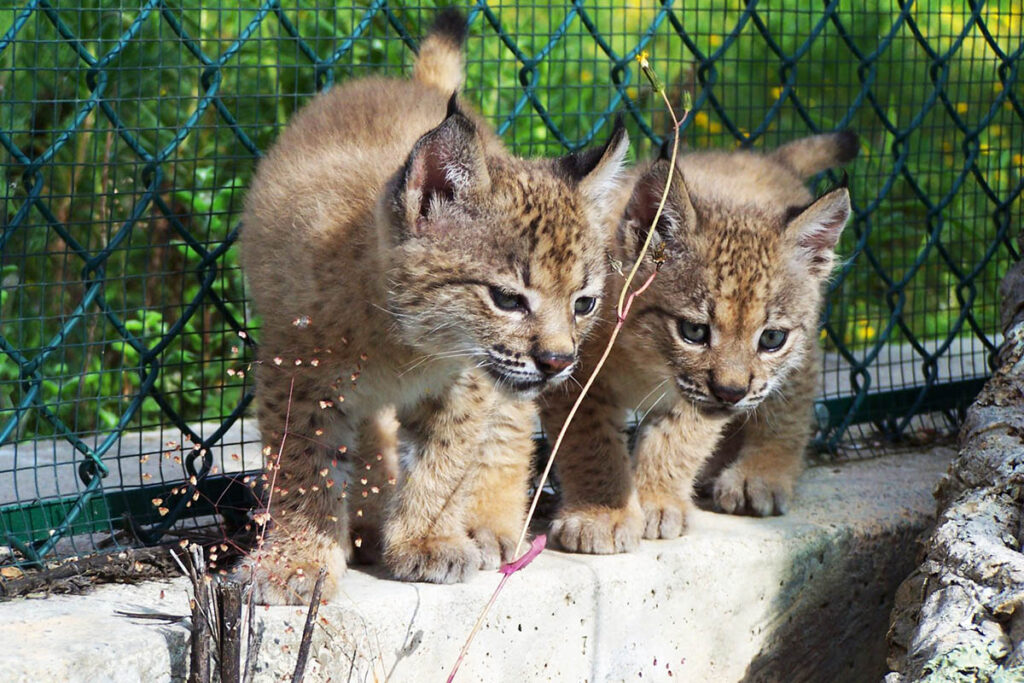The volunteer program of the National Center for the Reproduction of Iberian Lynx (CNRLI), in Silves, is again open and includes four vacancies for a volunteer position integrated in the CNRLI ethology and video surveillance team, with a minimum duration of three months, from August to October next.
According to the Institute for the Conservation of Nature and Forests (ICNF), volunteering «occurs in the area of Ethology and Animal Behavior and all volunteers will have training in this field, adapted to the functioning and animals of the CNRLI».
“We are looking for people who are motivated and trained in the natural sciences, interested in volunteering at the CNRLI, where the Reintroduction Training period for calves born in captivity during the month of April will begin”, adds the ICNF.
At this stage, «the chicks will develop the skills of hunting and avoiding humans, necessary for the success of their reintroduction into the wild», adds the body responsible for the Breeding Center installed in the Silves Mountains.
Accommodation during this period will be made, free of charge, at the CNRLI premises, with the possibility of receiving a food subsidy of 4,77 euros for each day worked.
For more information and application, interested parties should contact and send their resume to [email protected].
The breeding program and the reintroduction of the Iberian lynx in nature are already yielding good results, as evidenced by the data from the Lince 2020 Census. For the first time since there are quantified data on the Iberian lynx population, the number has been exceeded of 1.000 registered individuals in Portugal and Spain.
According to ICNF, this is "a very relevant milestone in the process of recovering this species and improving its conservation status."
Since the beginning of this 2002st century, several conservation initiatives have been launched, including several LIFE projects, from XNUMX to date, and the beginning of captive breeding, within the scope of the conservation program ex situ. “Thanks to this great conservation effort, in recent years the Iberian lynx population has not stopped growing in number and in relation to its area of presence”, concludes the ICNF.




















Comments